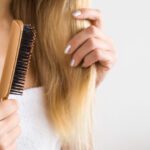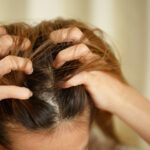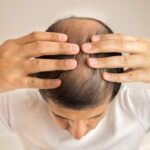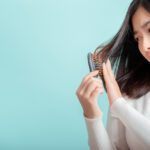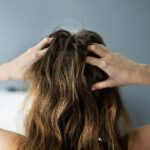Can photobiomodulation limit stress-related hair loss?
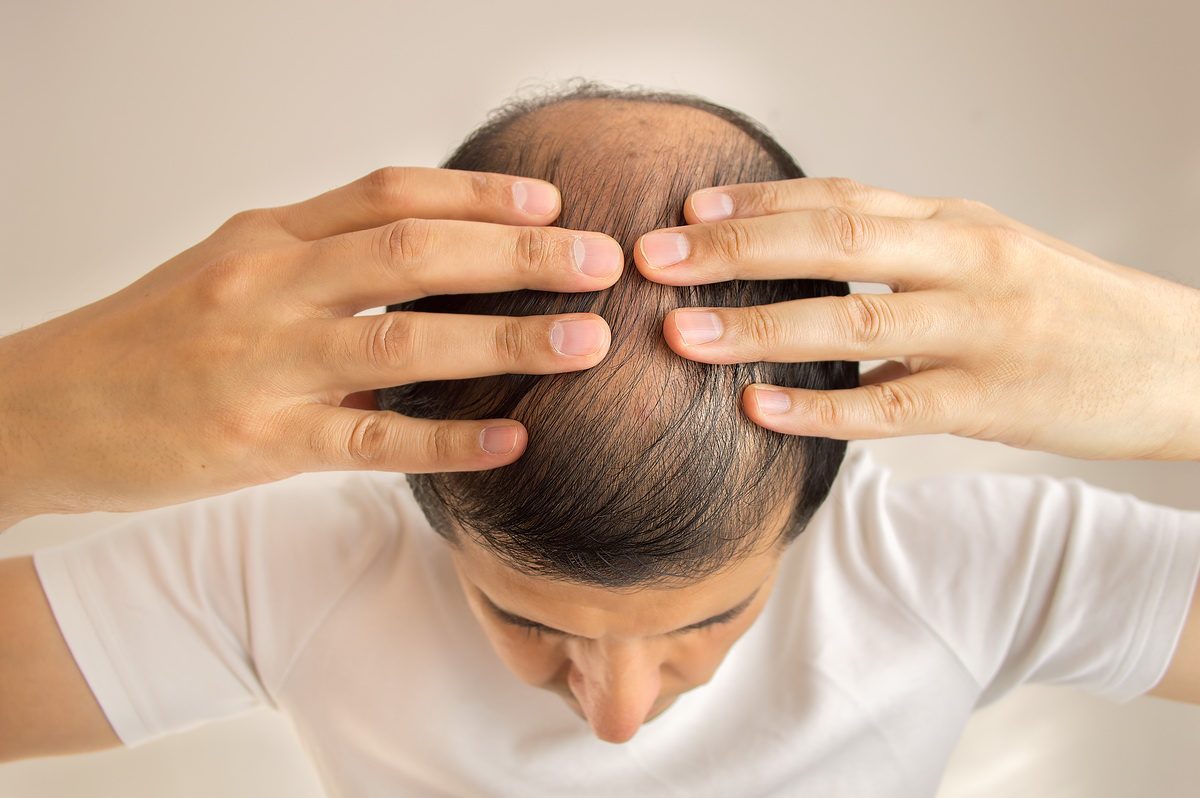
Have you ever noticed how our hair seems to react to our emotional state? When stress takes over, hair loss sometimes becomes a concern for many people. What if photobiomodulation, based on LED or laser light, could help manage this hair loss and support hair follicle growth? Let's explore this promising avenue together, in a rigorous and caring approach.
What is photobiomodulation?
Over the years, alopecia (or hair loss) has given rise to a multitude of hair care treatments. Some individuals turn to mesotherapy to nourish the scalp, while others prefer photobiomodulation sessions. This method involves the use of LED light or low-intensity lasers, designed to diffuse a light that could promote cellular activity in the skin and hair. The idea is to use light energy to boost follicle function. It's important to remember that the aim is not to "cure" alopecia, but to support overall well-being and contribute to eventual hair regrowth.
The link between stress and hair loss
There are many causes of stress-related hair loss. Under stress, the hair growth cycle can become unbalanced, leading to weakened follicles and greater-than-usual hair loss. This is where photobiomodulation is attracting growing interest: although there is no absolute promise, it can help regulate hair vitality, with potential results such as reduced hair loss or support for hair growth.
How can photobiomodulation be integrated into your hair routine?
For individuals wondering about integrating photobiomodulation into their hair care routine, several points are generally raised:
LED or laser light
Modulated light is applied regularly to the scalp to encourage microcirculation and stimulate cellular activity in the follicles. This approach can be part of a wider series of sessions, accompanied by an adapted hair care routine: balanced diet, stress reduction, gentle scalp massage...
A few practical tips
- Limit aggressive styling: it's often advisable to avoid too-tight hairstyles, frequent blow-drying or excessive use of chemicals.
- Maintain a soothing environment: incorporate moments of relaxation (meditation, breathing exercises or gentle physical activity) to help reduce the impact of stress on the scalp.
Complementary approaches and precautions
Before embarking on any photobiomodulation sessions, it is always advisable to seek the advice of a trained professional. Each individual is unique: what works for one may not suit another. The most important thing is to feel supported and to opt for a personalized approach, taking into account any personal constraints or history of hair loss.
Some specialists also suggest combining photobiomodulation with other hair care practices, such as mesotherapy. The former relies on light diffusion to act on tissues, while the latter involves injecting small quantities of nutrients into the scalp. Here again, results vary: some individuals experience an improvement in hair density or quality, while others experience a greater sense of well-being.
Final look
In the final analysis, photobiomodulation is an interesting option for those seeking to take care of their scalp and overall well-being. Cultivating serenity on a daily basis, combining personalized care with a healthy approach to stress, and seeking information from specialists: this is perhaps the key to living more serenely with hair variations and feeling more in harmony with your hair.

